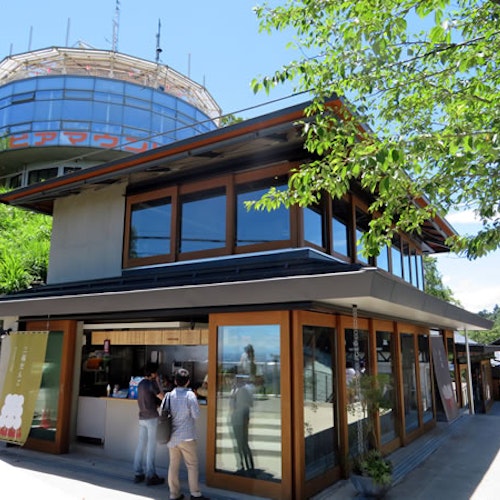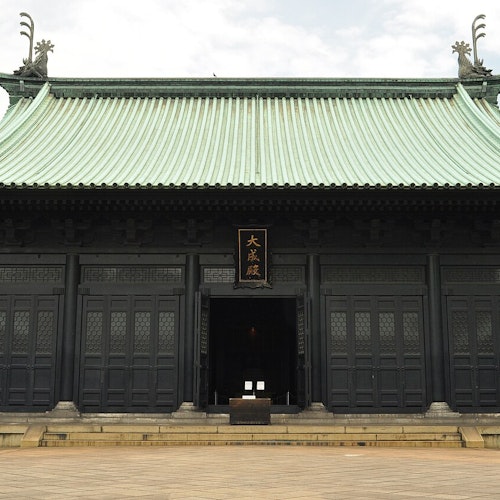Tabata Station, located in Tokyo's Kita ward, serves as both a vital transit hub and gateway to one of the city's most culturally rich neighborhoods. Opened on April 1, 1896, this historic station has evolved from a simple stop on the Tohoku Main Line into an important junction on the JR Yamanote Line and JR Keihin-Tohoku Line, handling approximately 45,000 passengers daily.
The station's significance extends beyond transportation, as Tabata developed into Tokyo's "Bundan-mura" (Literary Village) during the early 20th century. This district attracted Japan's most celebrated writers and artists, including Ryunosuke Akutagawa, considered the father of Japanese short stories, whose works "Rashomon" and "In the Grove" inspired Akira Kurosawa's Oscar-winning film. The literary heritage is preserved at the Tabata Memorial Museum of Writers and Artists, located just one minute from the station's north exit, which displays manuscripts, first editions, and artifacts from post-Meiji era literary giants including poets Masaoka Shiki and Hagiwara Sakutaro.
Visitors to Tabata Station will find a medium-sized facility with two island platforms serving four tracks, equipped with modern amenities including platform edge doors installed in 2015. The north exit connects directly to Atré vie Tabata, a multi-level shopping complex featuring restaurants, cafes, a supermarket, and specialty shops. The station operates from 4:30 am to 1:20 am, with trains running every 2-4 minutes during peak hours and maintaining the exceptional punctuality characteristic of Tokyo's rail network.
Access to Tabata Station is straightforward via the circular Yamanote Line, positioned between Komagome and Nishi-Nippori stations, approximately 10 minutes from central Tokyo. The Keihin-Tohoku Line provides direct connections to Yokohama in under an hour and extends north to Saitama. Station numbers JY09 (Yamanote) and JK34 (Keihin-Tohoku) identify the platforms for easy navigation. The station features elevators and ramps for accessibility, luggage lockers, and comprehensive signage in multiple languages.
The Tabata Memorial Museum offers free admission to all visitors, making it an accessible cultural stop for those interested in Japanese literary history. The surrounding neighborhood retains its artistic atmosphere with traditional architecture, narrow alleyways housing artisanal shops and cafes, and historical sites including the Tabata Fujimi Shrine. The area provides an authentic Tokyo experience away from tourist crowds while remaining conveniently connected to major attractions throughout the metropolis.


